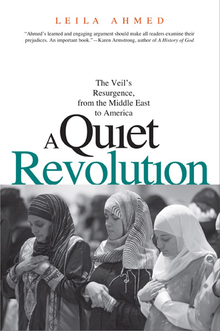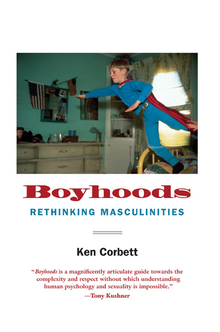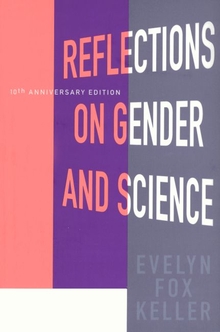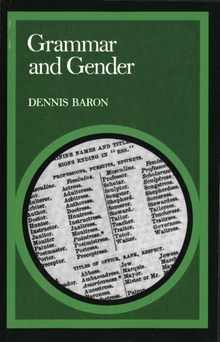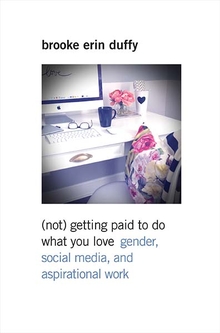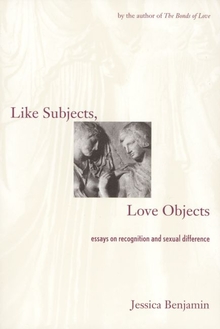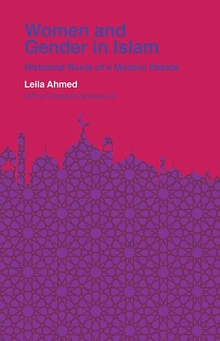A Quiet Revolution
WARNING
You are viewing an older version of the Yalebooks website. Please visit out new website with more updated information and a better user experience: https://www.yalebooks.com
The Veil's Resurgence, from the Middle East to America
Leila Ahmed
Read an interview with Leila Ahmed on the Yale Press Log
A probing study of the veil's recent return—from one of the world's foremost authorities on Muslim women—that reaches surprising conclusions about contemporary Islam's place in the West today
In Cairo in the 1940s, Leila Ahmed was raised by a generation of women who never dressed in the veils and headscarves their mothers and grandmothers had worn. To them, these coverings seemed irrelevant to both modern life and Islamic piety. Today, however, the majority of Muslim women throughout the Islamic world again wear the veil. Why, Ahmed asks, did this change take root so swiftly, and what does this shift mean for women, Islam, and the West?
When she began her study, Ahmed assumed that the veil's return indicated a backward step for Muslim women worldwide. What she discovered, however, in the stories of British colonial officials, young Muslim feminists, Arab nationalists, pious Islamic daughters, American Muslim immigrants, violent jihadists, and peaceful Islamic activists, confounded her expectations. Ahmed observed that Islamism, with its commitments to activism in the service of the poor and in pursuit of social justice, is the strain of Islam most easily and naturally merging with western democracies' own tradition of activism in the cause of justice and social change. It is often Islamists, even more than secular Muslims, who are at the forefront of such contemporary activist struggles as civil rights and women's rights. Ahmed's surprising conclusions represent a near reversal of her thinking on this topic.
Richly insightful, intricately drawn, and passionately argued, this absorbing story of the veil's resurgence, from Egypt through Saudi Arabia and into the West, suggests a dramatically new portrait of contemporary Islam.
Leila Ahmed is the Victor S. Thomas Professor of Divinity at Harvard Divinity School. She is the author of Women and Gender in Islam and A Border Passage: From Cairo to America—A Woman's Journey. She lives in Cambridge, MA.
Instructors: This title is also available in paperback. If you would like to request access to an e-examination copy of this title, please click here.
"Leila Ahmed takes a subject that arouses great emotion, shows how the resurgence of veiling has come about, and explains with great clarity what it means. Ahmed's learned and engaging argument should make all readers examine their prejudices. This valuable and much needed introduction to major trends in the modern Muslim world leads to some novel and surprising conclusions. An important book, it should be required reading for journalists, educationalists, politicians and religious leaders."—Karen Armstrong, Author, A History of God
"Leila Ahmed 's views on women, Islam and Islamism are not only interesting but courageous and need to be read and debated. Her new book brings the critical historical perspective necessary to understand the deep and quiet revolution that is occurring among American Muslims."—Tariq Ramadan, University of Oxford
"A powerful and critically important analysis of the veil’s modern history and reemergence in our time. This is a history Leila Ahmed herself has lived through and witnessed, especially in
North America. It is compelling reading for the many readers with questions about the veil and its meanings."—Diana Eck, author of A New Religious America
"What lies behind the phenomenon of Muslim women wearing 'Islamic dress?' Leila Ahmed provides an engaging tour through nationalism, socialism, Islam, and anti-imperialism in her beautifully written book, weaving together the themes of politics, dress, and women’s changing roles with her usual historical and literary skill. A fascinating read."—Jane Smith,
Harvard University
"The portrait of post 9/11 Muslim America that Ahmed offers up in her book is strikingly hopeful, full of individuals, trends, and stories that make her case for this new era's promise."—Time Magazine
"A Quiet Revolution is an important book.It provides a thorough history of the resurgence of the veil both in the Muslim world and in the U.S. and adds significant nuance to the complex issues that surround the veil. Ahmed's work will no doubt continue to inspire a new generation of Muslim feminists."—Los Angeles Times
Publication Date: June 5, 2012

